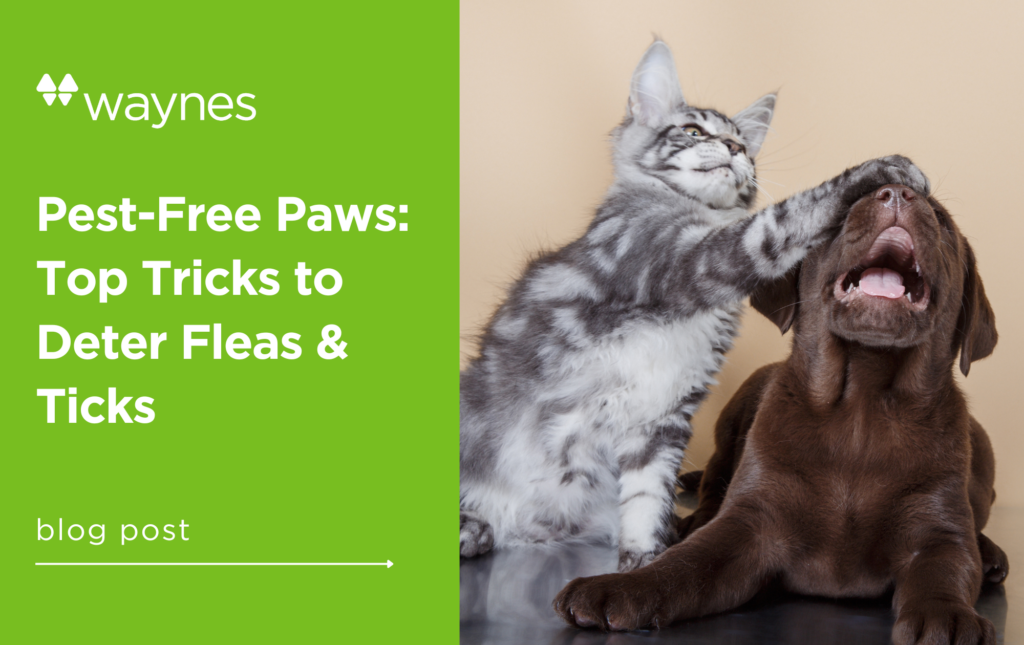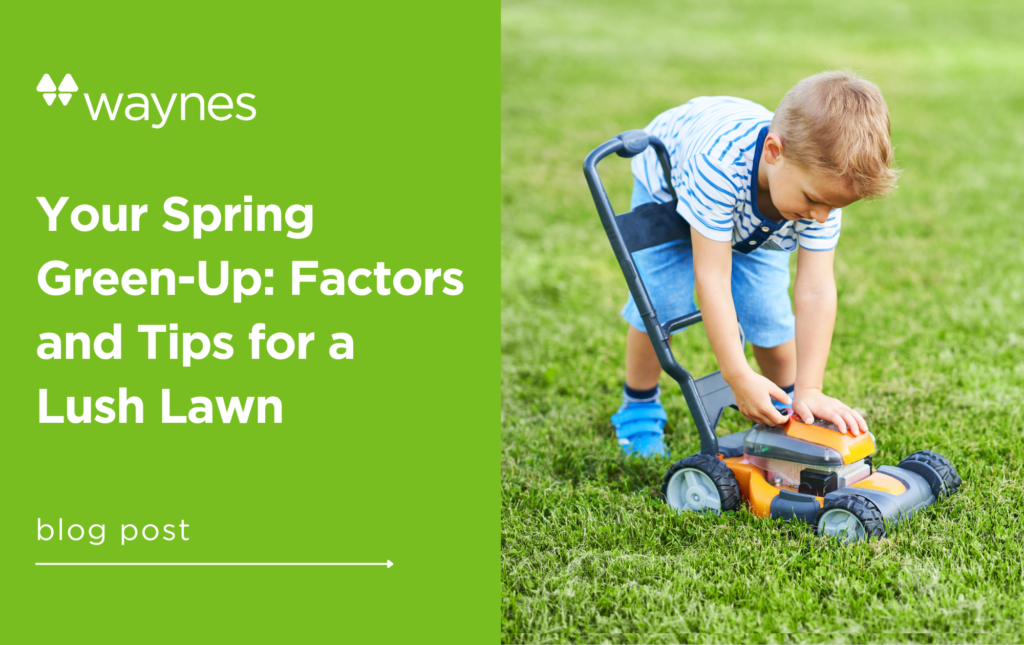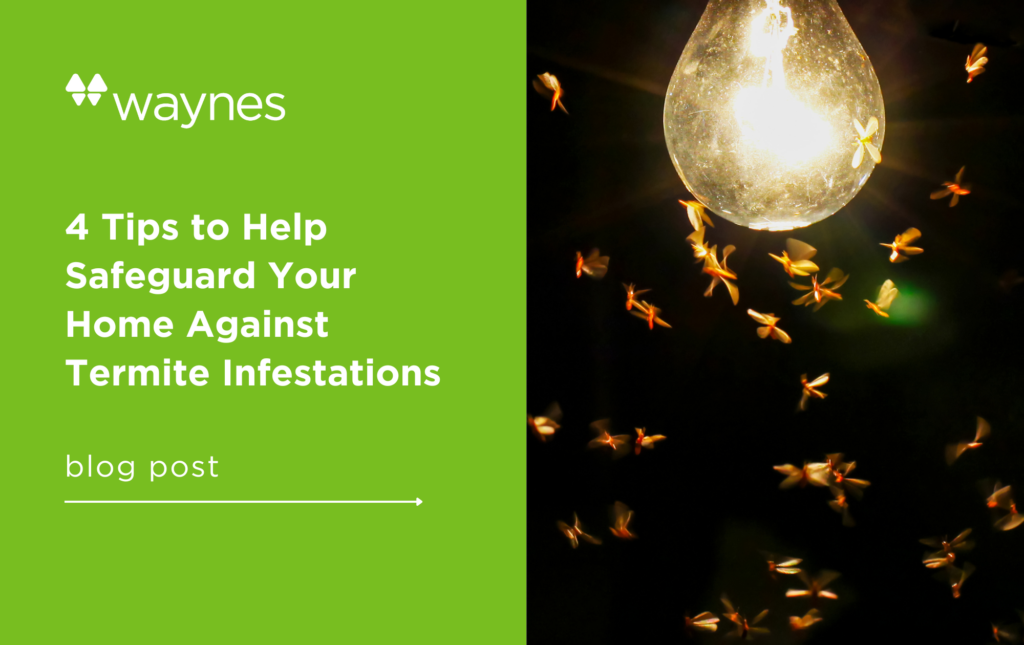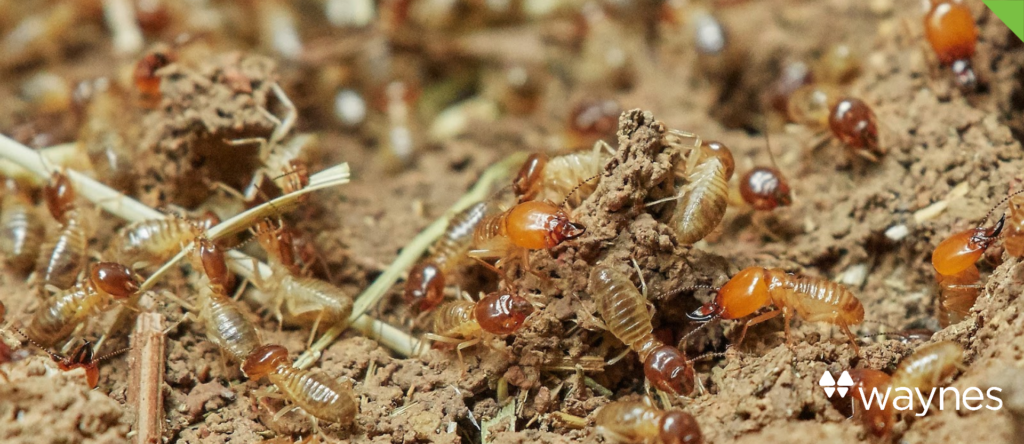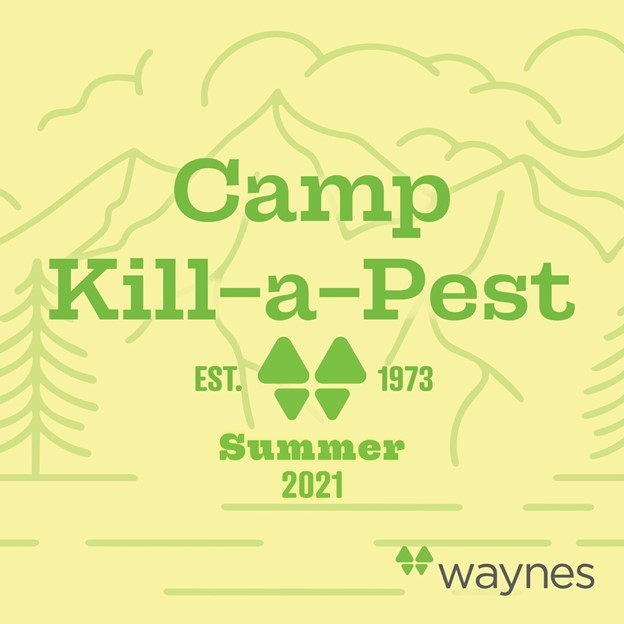Remember that moment in class when you thought, “I will never use this in real life.” Well, that was my thought when it was time to learn the elements of the periodic table so many years ago. To this day, I’m quite sure the only reason I made it through that test was that I used the element symbols to make words like Ba-Co-N and C-Ho-Co-La-Te. Who knew I would be writing about soil nutrients (especially hydrogen), lime, and the acidity or alkalinity on the pH scale today?
So, let’s fast-forward to this thing we call “adulting”. I recently found the home of my dreams only to discover the lawn was a wreck and my next-door neighbor, Leslie, appeared to be some kind of magical garden fairy. The colors in her garden could compete with any double rainbow on the internet! What’s worse, the neighbor across the street comes over to introduce himself and we find out he has a lawn/turf science management degree and previously managed the lawn care for a golf course. By the way, John…your lawn is impeccable! Well, as soon as John walked away, I immediately turned to my husband and said, “You know we’ve got to step up our game right?” He merely shook his head and sighed.
Luckily for us, I work with some pretty amazing lawn care professionals here at Waynes and recently came across an email from Shawn about adding lime to the soil. The lime he was referring to is not the lime you put in your coke, but rather it is from limestone or chalk. The main component of lime is calcium carbonate and its purpose is to raise the pH level in the soil. It is basically the equivalent of heartburn medicine for a sour stomach.
Now, here’s where the science lesson comes in. (courtesy of Shawn at Waynes.) Don’t worry, I’ll give you a “Cliff Notes” version of it. Most soil in Alabama and Tennessee is considered to be moderately acidic with a lower pH which generally ranges from 5.7 to 6.3. Keep in mind, many of our new neighborhood developments have had the upper layer of soil (also known as topsoil) removed and what is left may have a pH in the 5 to 5.5 range. An optimal pH range is 6.3 to 6.8. Those numbers tell us that our native soil is generally too acidic to reach its optimal growth.
As Reference:
- A lower pH = more hydrogen ions to absorb nutrients = acidic soil
- A higher pH = fewer hydrogen ions to absorb nutrients = alkaline soil
Okay, the science lesson is over. So what? So, knowing the pH tells you what the soil under your lawn needs in order to reach its optimal growth.
In the areas that Waynes Pest Control service, it is likely that your lawn will range in the acidic level with a lower pH. Adding lime can raise the pH level thereby increasing its alkalinity. The lime reduces the hydrogen ions and allows for other nutrient absorption which defends against the weedy, patchy and yellowish looking lawn.
I know that is a lot to take in and there is so much more to learn other than adding lime or maintaining the proper pH in order to maintain a Lush Lawn. However, our professionals at Waynes are pretty remarkable and they know and study things like pH and lime on a daily basis. They do this because they want to be the best at what they do. More importantly, they do this because they want what is best for you and your lawn. Why not give Waynes a call today to see for yourself? 1-866-WAYNES1
